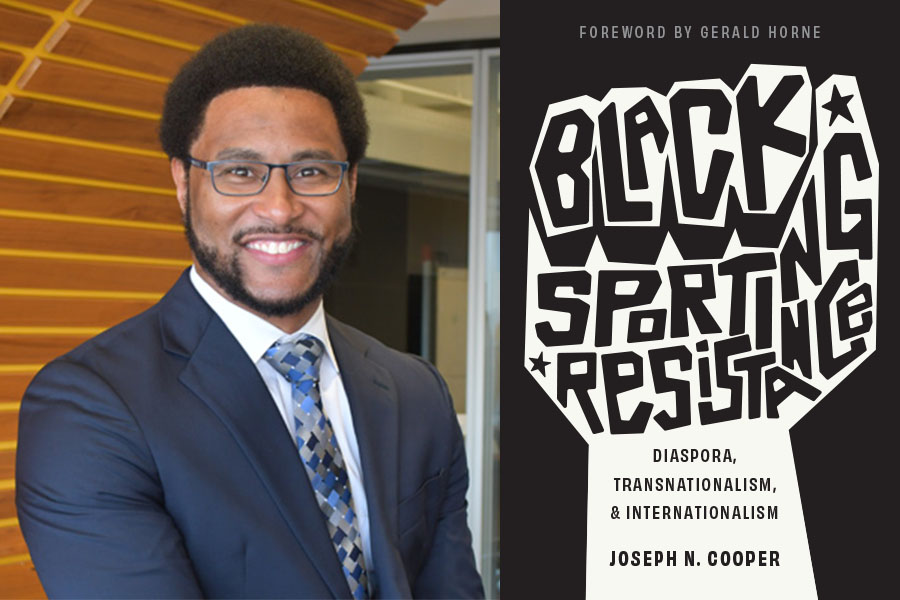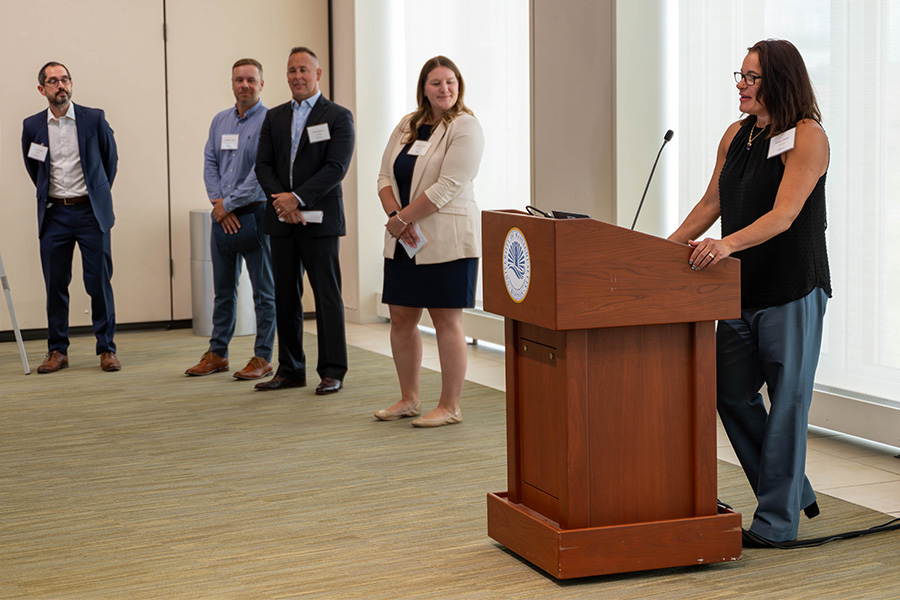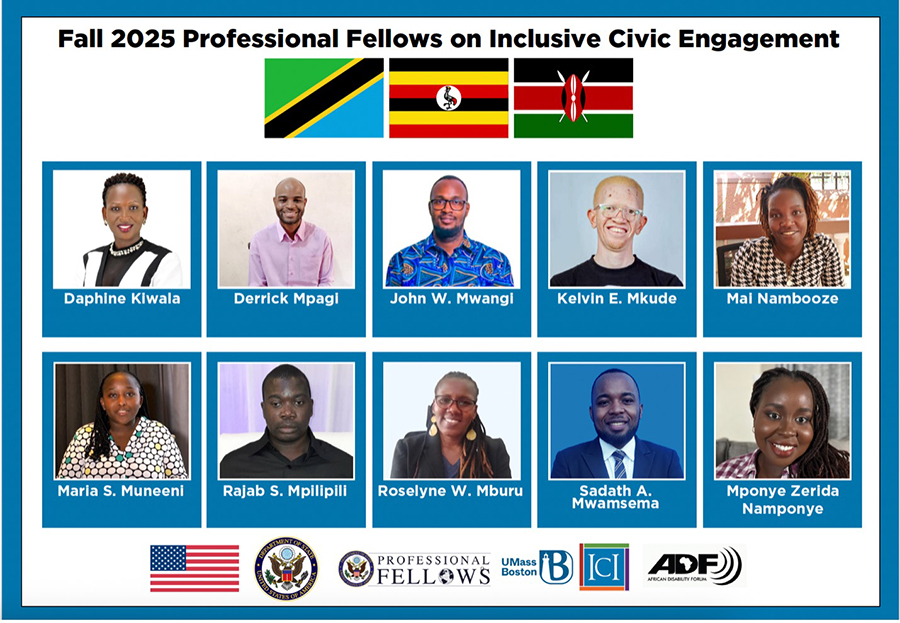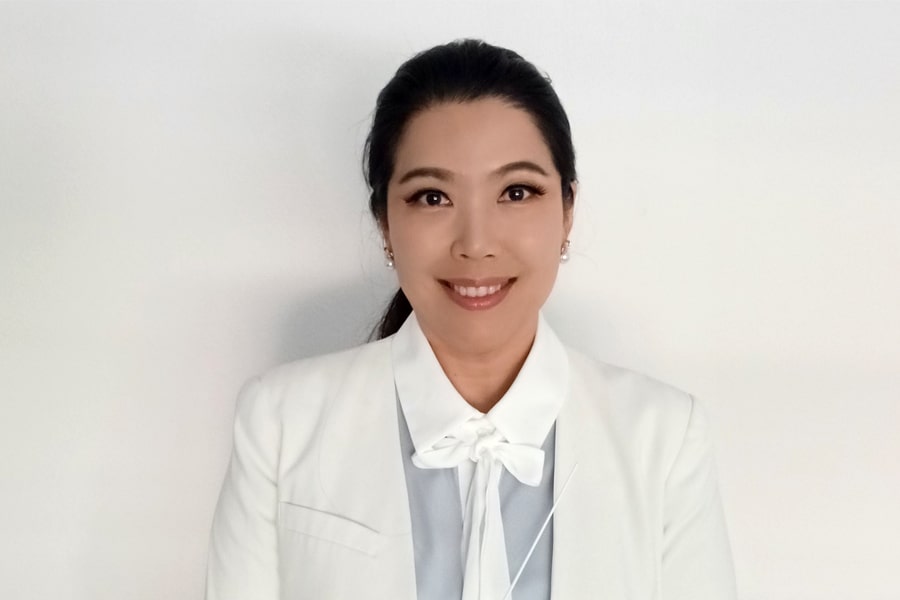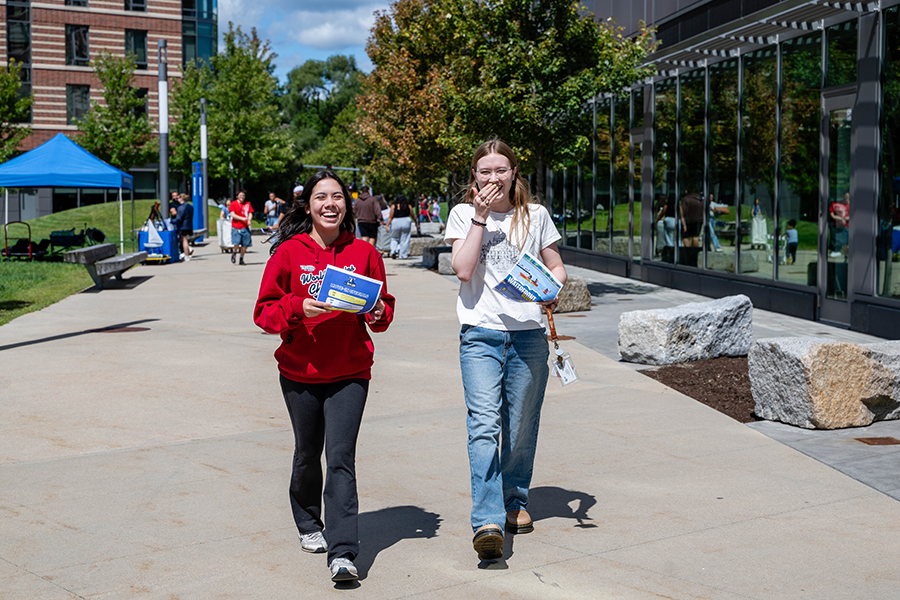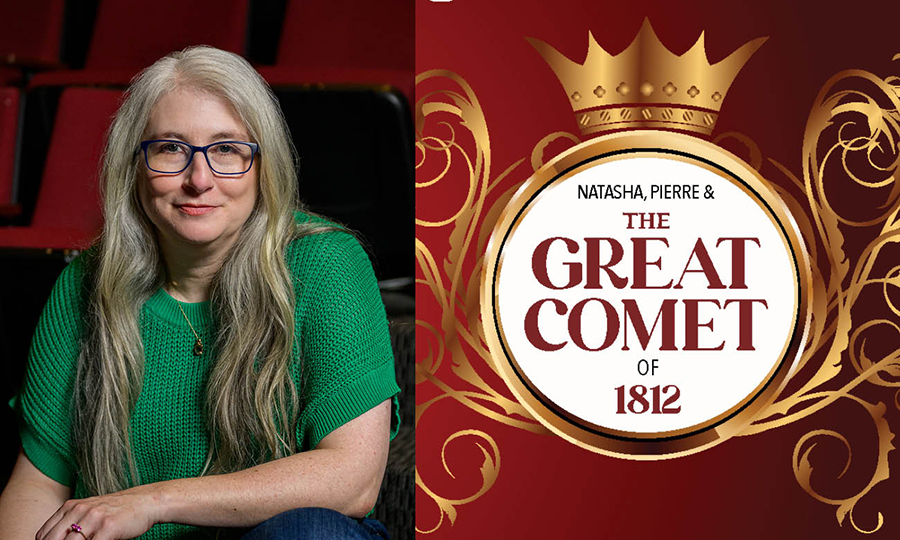Professor Joseph Cooper explores social change through sport in his new book, "Black Sporting Resistance: Diaspora, Transnationalism, and Internationalism"
Dr. Joseph Cooper, the inaugural Dr. J. Keith Motley Endowed Chair of Sport Leadership and Administration at UMass Boston, explores global sporting resistance in his third solo-authored book. He looks at how Black sportspersons (including athletes, coaches, spectactors, scholars, and organizers) around the world have used sport as a platform to advance racial and social justice causes across different cultures, countries, and eras.
“I'd like to spotlight the widely unknown or underappreciated aspects of Black resistance in and through sport,” said Cooper.
His recent book expands on themes he has explored in earlier works, From Exploitation Back to Empowerment: Black Male Holistic (Under)Development Through Sport and (Mis)Education (2019), and A Legacy of African American Resistance and Activism Through Sport (2021). These books primarily focus on the U.S. context, while Black Sporting Resistance broadens its scope to a global view of Black sportspersons who have ignited positive social change across diverse geopolitical and cultural settings.
Cooper presents a series of compelling examples of Black sportspersons who have used their platforms to protest racial inequality and oppression. The book examines figures such as Jack Johnson, the first heavyweight boxing champion, who advocated with the Australian Aboriginal Progressive Association before going into exile and fleeing to Mexico, where he worked with Mexican revolutionaries to challenge laws that were discriminatory against vulnerable populations.
Cooper similarly brings attention to the Colored Hockey League, founded by Henry Sylvester Williams in Nova Scotia in 1895. Williams, best known for founding the Pan-African Conference in 1900, played a pivotal role in establishing the Black Hockey League, formed by descendants of formerly enslaved African Americans and Jamaican Maroons. The league was deeply connected to Black churches and businesses. “It was very much this African diasporic ecosystem, and sport was a way to advance the racial justice cause of the day,” said Cooper.
The book also explores the international impact of Black sportspersons in movements such as anti-apartheid, anti-war protests, and Black Lives Matter. Cooper delves into the Harlem Renaissance, the New Negro era, Black Nationalism movement, and the rise of Black basketball teams and the Negro Leagues across North and Latin America. “During the early to mid-20th century, Afro-Latinos and African-Americans coalesced to create cooperative economics when mainstream Major League Baseball had a racist gentleman agreement that did not allow them to participate up until when Jackie Robinson broke the color barrier in 1947,” said Cooper.
Cooper’s new book highlights the potential of sport to create global alliances in the pursuit of human rights, racial justice, social justice, political and civil rights, and economic justice. Whether through boxing, cricket, rugby, racing, tennis, fútbol (also known as soccer), basketball, the Black baseball leagues, capoeira, or rodeo, athletes from all corners of the globe have used sport to advance collective struggles for human rights. By shedding light on these stories, Black Sporting Resistance invites readers to reconsider the power of sport as a force for global change.
“I hope readers walk away from this book inspired, and encouraged,” said Cooper. “I hope they are empowered to build international alliances with people who share similar human rights ambitions as they do.”
Cooper’s book serves as a testament to the power of Black resistance and activism in and through sport and its capacity to transcend national borders and cultural divides in the fight for justice.
Latest University News
- UMass Boston’s Emerging Leaders Program Celebrates Annual ShowcaseThe Emerging Leaders Program (ELP) and members of the UMass Boston community gathered to celebrate the graduation of the 2025 cohort and showcase their innovative solutions to pressing regional challenges.
- UMass Boston’s Institute for Community Inclusion Welcomes Fall 2025 East African Disability Rights Professional FellowsThe Institute for Community Inclusion (ICI) is excited to welcome 10 East African disability rights leaders to Boston on Wednesday, September 10, as part of its Professional Fellows Program (PFP). This year’s cohort includes three Fellows from Kenya, three Fellows from Tanzania, and four Fellows from Uganda.
- With Harp and Piano, Chaerin Kim Sets New RecordsOn May 18, on a stage in Venezuela, Chaerin Kim stepped out to perform her eighth curtain call of the evening, as the audience gave a standing ovation. A multi-instrumentalist, composer, and conductor, she had just set a new world record by being the first soloist to play concertos on both harp and piano, accompanied by an orchestra, premiering her own composition in the same concert.
- Record Number of In-State First-Year Students Welcomed at UMass Boston Following Historic Beacon Pledge CommitmentOver 1,900 New Enrollees Build on Recent Growth of Boston’s Public Research University
- Theatre Arts Mashes Tolstoi and Electro-Pop with The Great CometThe University Hall Theatre will once again be filled with music, with an electro-pop operatic romp ripped from a scandalous slice of Tolstoi’s War and Peace. Natasha, Pierre and The Great Comet of 1812 will launch on November 13, with auditions – open to students of all majors – on September 9 and 10. The theatre space will once again transform with an immersive seating plan, putting the audience in the middle of the action of a Russian socialite ball.
- Impact is InevitableQuantum mechanics challenges what we think we know about how the world works— and shows physicists and engineers a doorway to astonishing technological possibilities. UMass Boston is exploring how public research, interdisciplinary education, and industry collaboration might unlock the power of the quantum world.



